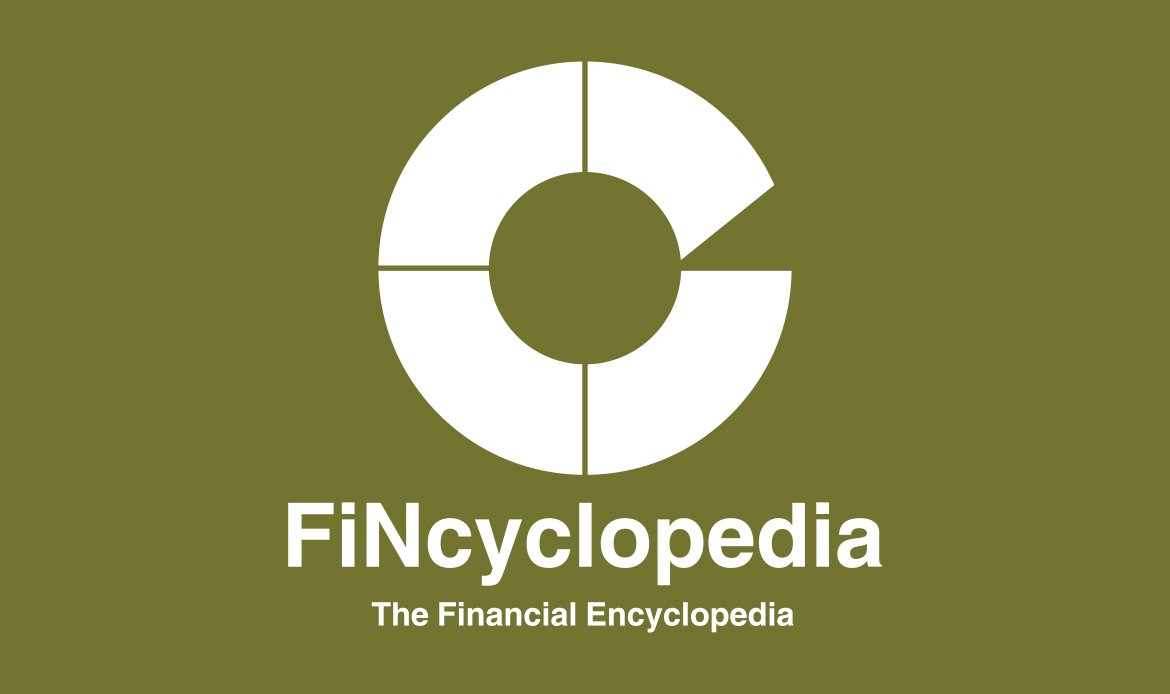The act or process involving a nudge. According to the so-called nudge theory, adaptive designs of the decision environment are introduced in a conscious attempt to influence the behavior and decision-making of people (individual or groups, or individuals as part of groups, etc.)
A nudge is an aspect of choice architecture that involves an attempt to alter humans’ behavior in a predictable way without restricting their freedom of selection or decision making or changing their economic incentives in a significant manner.
A typical nudge represents an intervention that does not dictate a course of action, and as such allows respondents to avoid it without much cost. An example of a nudge is a salesman’s explanation of the benefits of a new product (in terms of health or usage benefits) rather than simply discontinuing an old product that provides an alternative but with limited benefits compared to the new product. The salesman is a choice architect in a very limited intervention as to affect the decision making of a customer.
The concept of nudging was introduced by Harvard professor Cass Sunstein and University of Chicago professor Richard Thaler in 2008.



